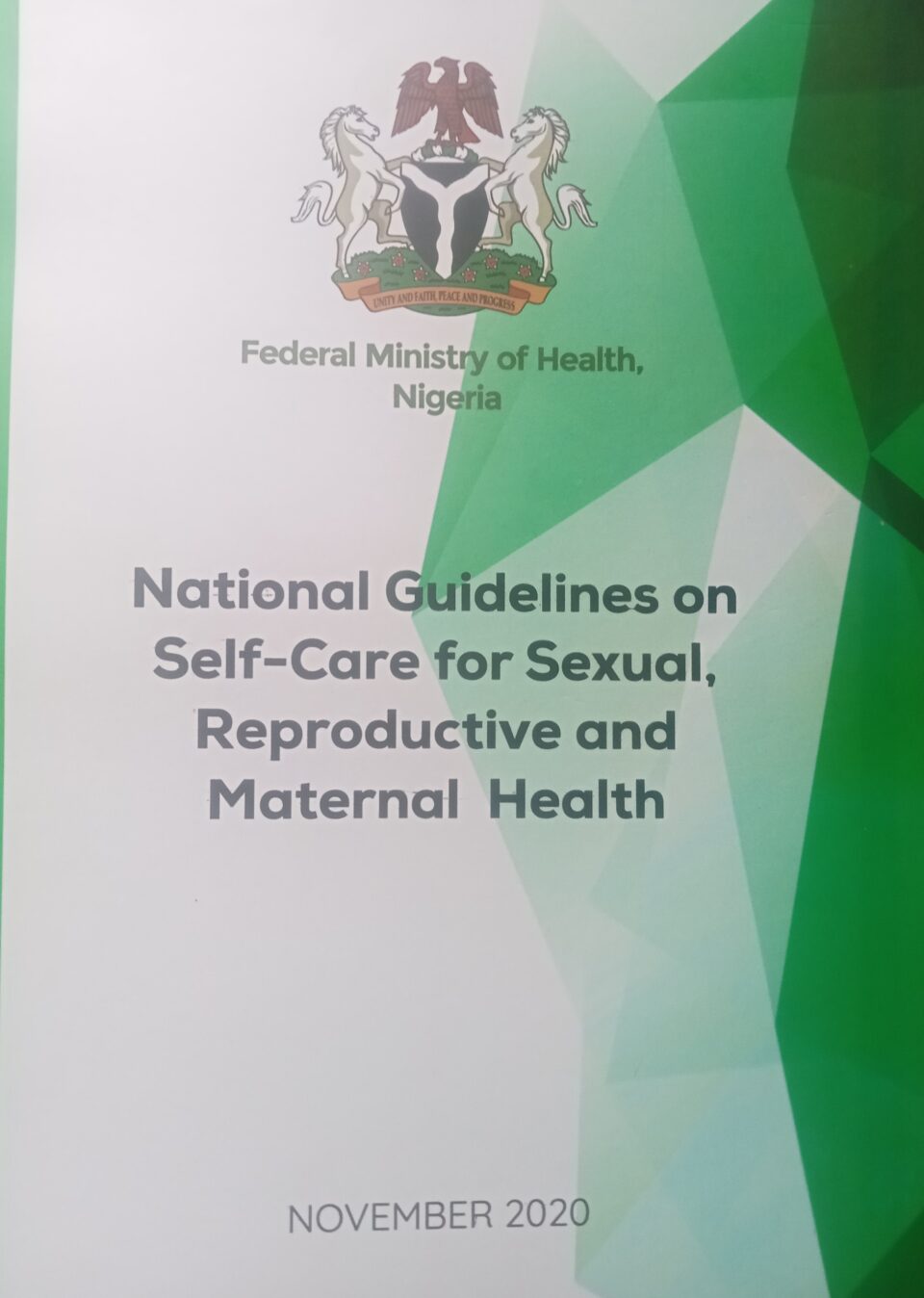By Hassan Zaggi
Three-year-old Saratu in a village at the boundary between Nasarawa and Kaduna state had high temperature for two consecutive days. On the third day, her mother took her to a nearby Primary Healthcare Centre (PHC) for treatment.
On arrival at the PHC, unfortunately, it was immunization day. Many women came with their children for routine immunization and were being attended to. The queue was long. Saratu’ mother had to wait for her turn for the medical personnel to see her daughter.
While it reached few people before her turn, little Saratu gave up. Like joke, the health personnel tried frantically to revive and bring little Saratu back to life, all to no avail.
While Saratu’s mother blamed the health personnel for not attending to her daughter in time, the health personnel on the other hand, blamed Saratu’s mother for not telling them that she came with an emergency situation.
After careful analysis, it was discovered that little Saratu died of malaria. Her dead, health expert said, could have been averted if simple self-care was adopted by her parents and people around with advice and support from health personnel before taking her to the clinic.
Many children including adults in Nigeria have died and others suffered irreversible health complications due to lack of knowledge about the concept of self-care.
According to the World Health Organization (WHO), Self-care is the ability of individuals, families, and communities to promote health, prevent disease, maintain health, and cope with illness and disability with or without the support of a health care provider.
Self-care has become more important with the rapidly growing population of Nigeria and the consequent pressure on the limited conventional healthcare facilities.
Speaking at the orientation for journalists in Abuja, on the National Guidelines on self-care for Sexual Reproductive and Maternal Health, the head, VVF branch, Reproductive Health Division, Department of Family Health, Federal Ministry of Health, Mrs. Remi Bajomo, explained that the concept of self-care is aimed at reducing unnecessary overdependence on health facilities for services which individuals or families could provide for themselves.
It is an integral and complementary component of the overall health care system. Self-Care has enormous benefits to the health system such as reduced workload on health care workers and increased access to health services including Sexual and Reproductive Health Services in a safe and private space leveraging innovations and digital platforms to access or deliver safe and appropriate health care services.
The orientation programme was organized by the Federal Ministry of Health in collaboration with the World Health Organisation (WHO) and Pathfinder International to orientate journalists as part of the Self-Care Advocacy Network on the contents of the Self-Care Guidelines for Sexual Reproductive and Maternal Health and their role and responsibilities in its implementation.
Mrs Bajomo recalled that during the early stages of COVID-19 pandemic, the limitation of conventional health services was made more obvious with the disruption of health service delivery in some health facilities. Self-care intervention through Community pharmacy and PPMVs were helpful to sustain health services.
While reiterating the commitment of the federal ministry of health to achieving Universal Health Coverage (UHC) through self-care interventions, Mrs Bajoma disclosed that in line with this commitment, the Ministry and partners have systematically engaged and disseminated the self-care guideline in over 23 States.
The states, according to her, include Adamawa, Akwa Ibom, Bauchi, Bayelsa, Cross River, Edo, Enugu, Gombe, Kano, Kwara, Nasarawa, Niger, Oyo, Osun, Ondo, Ogun, Plateau, Rivers and Lagos States.
In a presentation, the Technical Officer, WHO Reproductive Maternal New Born Child Adolescent and Elderly Health (RMNCAEH), Dr. Femi James, explained that self-care provides an opportunity to reduce barrier to access to health facility.
“At the community level, we have community pharmacists. We have access to reproductive health services which will help improve the wellbeing of women and girls,” he stressed.
He categorically warned that self-care is different from self medication.
According to him: “When we say self-care, what normally comes to mind is the health system. When somebody is having a self-care, there is a part that needs to be played by the health worker and the healthcare system to see that the person is doing this correctly so that things don’t become bad.
“Self-care does not mean you just run away by yourself and start becoming your own doctor. That is dangerous.
“This is a new approach to primary healthcare. There is appropriate support from primary healthcare based health providers. If somebody goes to the PHC and a particular kind of drug was initiated for the person, either as family planning commodity and the person is doing well on it. The aim is to see that the person can take certain actions at home by herself under the guidance of the facility without having to travel to the health facility every time. When the person is doing that at home, that is self-care. There is support from the facility.
“When we say self-care, we are not saying it has to be the person himself alone that will take those actions. Some will require another person that will be a caregiver that will be a help to that person. It is promoted and supported by community health workers.
“Self-care has become a part of our health system. Even countries that are developed are also adopting this.”
He further explained that: “In self-care, there are certain clear cut actions that can be taken at the individual level under the guidance of the health system for them to be able to take those actions. It is still valid to tell somebody not to self-medicate.
“But the interventions that have been selected here have been selected with the background that persons that meet these criteria can do this and that under the guidance.
The scope for sexual and reproductive health specifically. Improving antenatal delivery, post partum and new born care.
“We need an enabling environment for self-care because it is important to ensure that interventions reach the users with all the necessary checks and balances.
“There has to be checks and balances so that people will not begin to have complications from self-medication. There has to be a good linkage between the health system and the communities.”
Speaking, the Country Programmes & Advocacy Manager, White Ribbob Alliance, Jennifer Adebambo, argued that Self-care is undoubtedly an innovative approach that plays a vital role in fostering equitable access to health services, promoting autonomy, personal growth, resilience, and happiness.
By prioritizing self-care, she further said, “we are not only enhancing our own lives but also creating an environment where people can thrive, grow and live a satisfying life.”
She continued that: “Through self-care women are now enabled to take charge of their own health and have access to the right information to autonomously seek for, access and utilize specific reproductive healthcare within their comfortable spaces.
“Self-care interventions for women across Nigeria, is not an indulgence but a life-preserving act. The initiative has become an imperative mechanism in ensuring the wellbeing of every woman in Nigeria.
“The Self-care initiative covers interventions around Self- administered contraceptives – DMPA SC, HIV Self-Testing Kit (Oral self-tests), HPV self-sample collection etc.” Many experts and stakeholders at the orientation charged the media on the need for knowledge-based aggressive and consistent awareness creation so that Nigerians can understand and imbibe the concept of self care. This, they believe, will enable them take some decisions about their health without nece



